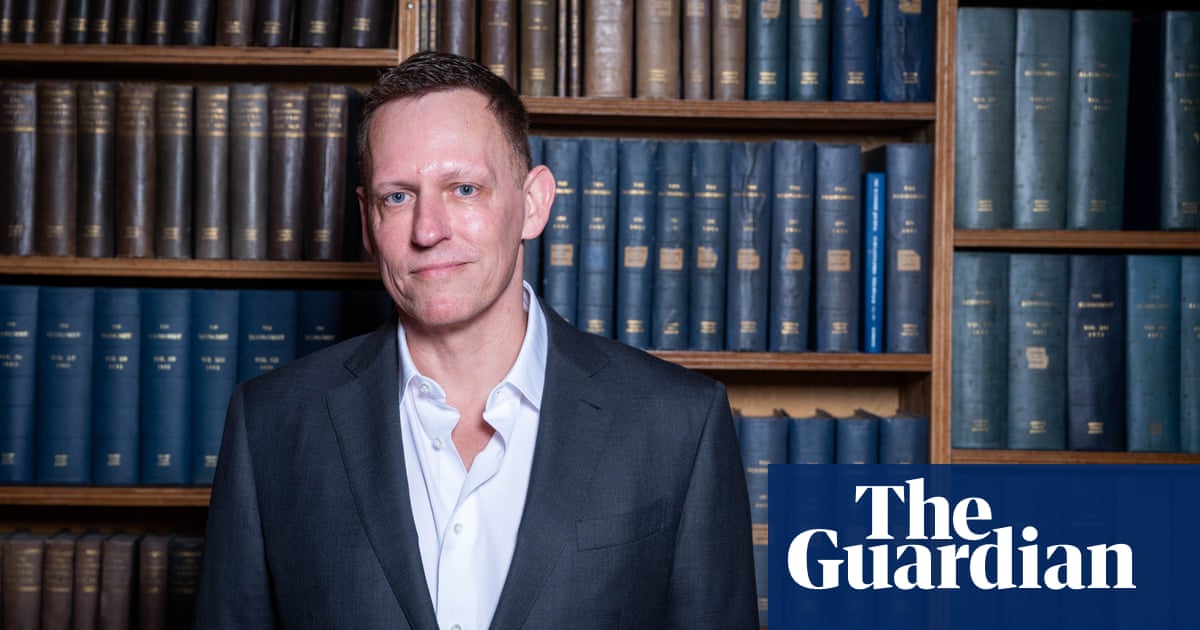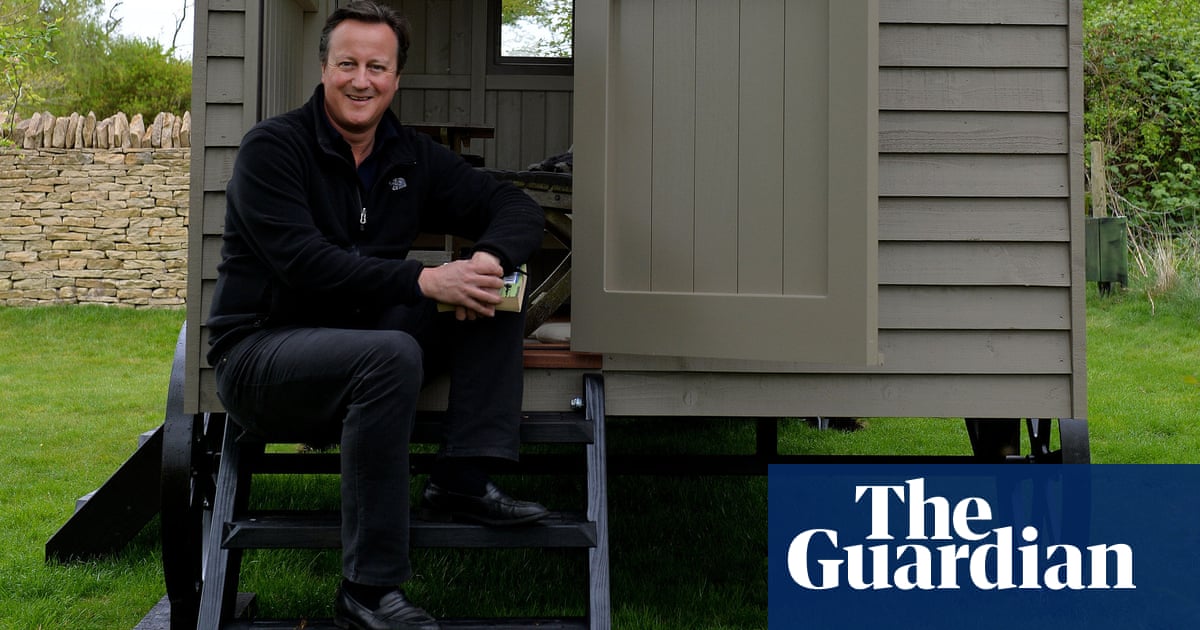
ovak Djokovic has gone to ground in Belgrade, embarrassed, perhaps, possibly contrite, after the coronavirus pandemic crept up on his Balkans carnival of tennis, bringing the Adria Tour to a shuddering conclusion.
It began in such robust spirits in his home city two weeks ago, in a makeshift setting at his tennis complex on the banks of the Danube. There were doubts and warnings about playing in front of fans but Djokovic, determined to showcase some of the best players in the world – Dominic Thiem, Alexander Zverev, Grigor Dimitrov and Borna Coric among them – was defiant.
“We’ve had better numbers compared to some other countries,” he correctly said at the time. “Of course, lives have been lost and that’s horrible to see, in the region and worldwide. But life goes on … You can criticise us and say this is maybe dangerous, but it’s not up to me to make the calls, what is right or wrong health-wise.”
The players, also, were keen to answer his invitation and to shed lockdown rust. They did not disappoint the happy crowds, then celebrated noisily in scenes from a crowded nightclub that went viral. That was a turning point. What had started on a high descended in blurred social media images of absurd irresponsibility.
The smiles and laughter were pointedly at odds with the mood beyond. It was as if this exercise in trying to jolt the world back to normality refused to hear the anguish off-stage. Serbia and Croatia had indeed recovered well from the virus’s wicked blows, but many of the people invited to the celebrations had arrived from less fortunate places.
The criticism fell most heavily on Djokovic, the world’s best player, a man of culture and intelligence, a maverick and independent thinker. And nobody’s fool.
The party carried on to Croatia, and ended in Zadar on Sunday afternoon, where it was wreathed in recrimination, the final cancelled dramatically at the last minute, Goran Ivanisevic booed by centre court when he announced the news.
Dimitrov had tested positive for Covid-19 on the Saturday. Even that stunning revelation did little to still their disappointment. On Sunday, Coric, Dimitrov’s coach, Chris Groh, and Djokovic’s fitness coach, Marko Paniki, also tested positive. The doomsayers had been proved right. The Tour was over.
Andy Murray was not keen to dump on his friend, with whom he recently shared more than an hour of lighthearted banter and insight on social media. But he could not ignore the images or the facts.
“I have always had a good relationship with Novak,” Murray said last night. “In hindsight, with what’s happened there, it is not a good look. When you are going through a time like this, it’s important any of the top athletes around the world should be showing that we are taking this extremely seriously, knowing that we are using social distancing measures and whatever it is.
“Like, when I’m getting treatment from my physio, he is wearing masks and things just to reduce the risk as much as possible. I think it has been the case a little bit in golf as well. There have been a few players flouting the rules [and Nick Watney testing positive], and it’s just not a good look for the sport when something like this happens.
“I hope that we learn from it and, off the back of it, they will be taking it extremely seriously because, ultimately, the Tour won’t get back again if we are having problems every single week and the players are doing what they want. We need to make sure we are doing the right thing.”
Whatever Murray’s intention to be charitable to Djokovic, those are tough words. And they are on the money. Djokovic has always lived in a different bubble, though. He is a serious thinker, often unconventional, and often appears sceptical of conventional wisdom.
Now, the repercussions of all this could ripple beyond Belgrade, where Djokovic was taking medical advice. There is gathering opinion that he should step down as chairman of the ATP players’ council and, if there are further outbreaks, the rescheduled US Open, due to begin on 31 August, might also be in jeopardy.
Murray, for one, is keen to return to the place where he beat Djokovic in the final to win the first of his three majors, but he is not going at any cost. He wonders, too, about the future shape of the game in unprecedented times.
“I have no idea what happens in the future,” he said. “You would think international travel would be slightly different for a period. I certainly feel, like, the way I have interacted with people – at the beginning when you see someone there is a bit of an urge to greet somebody – now I’m cautious about going close to anyone.
“I don’t know how long that will last. When the virus passes but I am sure it is going to change our life for a period of time. How long that will be, I don’t know. I would hope it will go back to normal when the time is right, but it’s going to be a little while yet I would imagine.”
As Djokovic has discovered, now is not that time.












